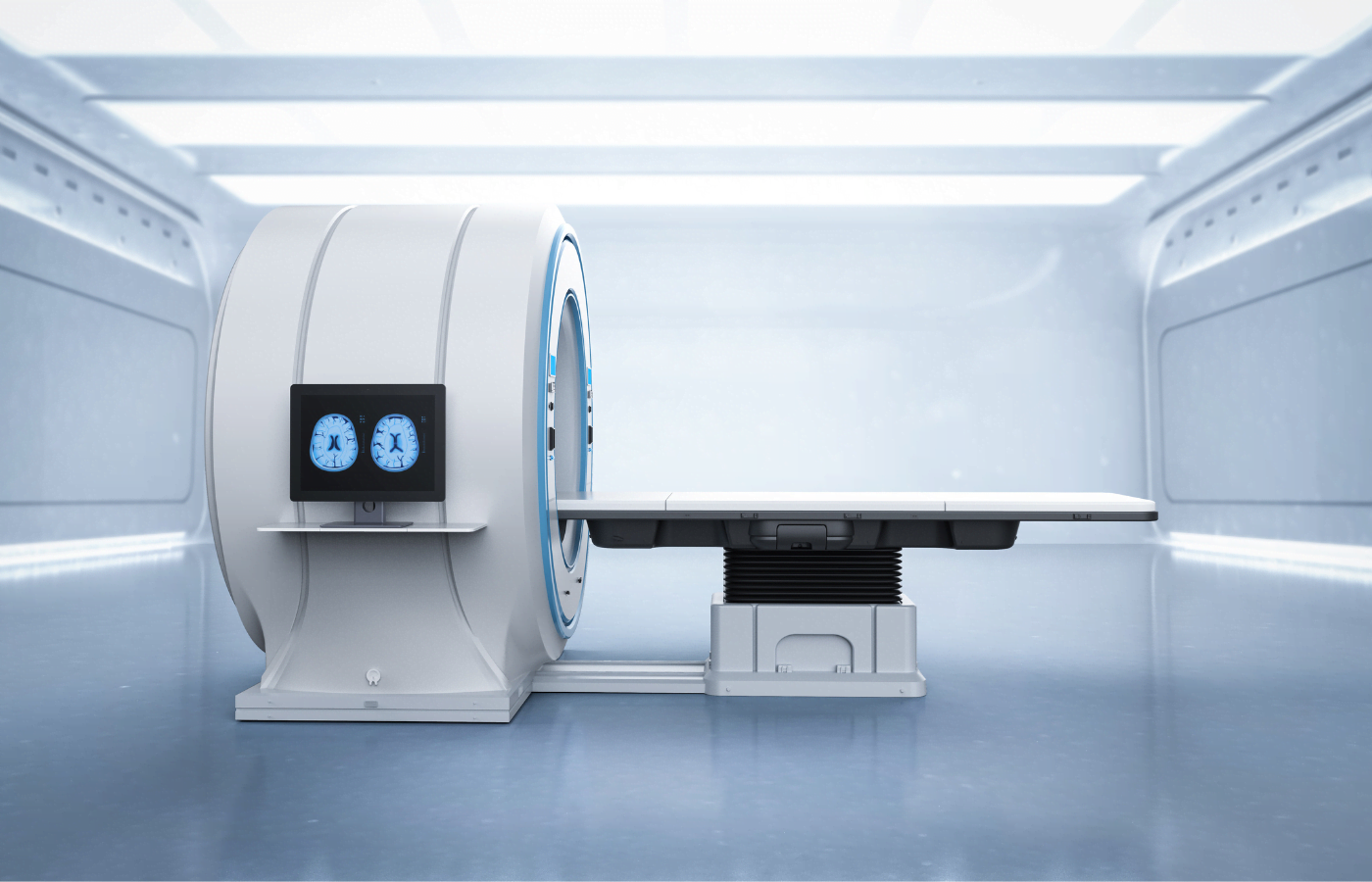
Alzheimer’s Disease is a progressive brain disorder that slowly destroys memory, thinking skills, and eventually, the ability to carry out simple tasks. Early diagnosis plays a crucial role in managing this neurodegenerative condition, and that’s where MRI Brain imaging steps in. At Diagnopein, we specialize in advanced neuroimaging services. Our high-precision MRI for Alzheimer’s detection helps in identifying early signs of brain degeneration, aiding neurologists in timely treatment planning. If you’re looking for an MRI center near me, Diagnopein offers reliable and affordable care.
Alzheimer’s Disease is the most common form of dementia, usually affecting people over the age of 65. It occurs when abnormal protein deposits form plaques and tangles in the brain, leading to the loss of connections between nerve cells. Common symptoms include: Memory loss, Confusion with time or place Difficulty completing familiar tasks, Poor judgment , Mood and personality changes , Diagnosing Alzheimer’s early can help patients maintain independence longer and plan treatment, lifestyle, and care more effectively.
An MRI Brain scan uses strong magnetic fields and radio waves to produce detailed images of the brain. It is a non-invasive, radiation-free method to examine the structure and function of the brain tissue. For Alzheimer's detection, MRI scans can help doctors visualize: Brain shrinkage (atrophy), especially in the hippocampus, the memory center of the brain , White matter lesions Structural abnormalities Blood flow irregularities.
Let’s understand how MRI helps in detecting and monitoring Alzheimer’s Disease:
1. Early Detection of Brain Shrinkage In the early stages of Alzheimer’s, MRI can detect subtle brain shrinkage in areas related to memory and thinking. This allows neurologists to distinguish Alzheimer’s from other forms of dementia.
2. Differentiation from Other Diseases - MRI helps in ruling out other conditions such as stroke, brain tumors, or hydrocephalus, which can have similar symptoms to Alzheimer’s but require different treatment approaches.
3. Tracking Disease Progression - Repeat MRI Brain scans help monitor changes over time, allowing doctors to see how fast the brain is shrinking and adjust treatment plans accordingly.
4. Functional Imaging (Advanced MRI Techniques) - Though not routine, advanced MRI techniques like fMRI (functional MRI) and DTI (Diffusion Tensor Imaging) offer more insight into how Alzheimer’s affects brain activity and connectivity.
Doctors usually recommend MRI Brain scans for: People above 60 with memory problems , Individuals with family history of Alzheimer’s , Unexplained confusion or behavioral changes, Diagnosing and ruling out other brain-related conditions , The sooner you seek help, the better you can manage Alzheimer’s or other neurodegenerative disorders.
Alzheimer’s Disease is a complex and life-altering condition. With the help of a detailed MRI Brain scan, doctors can detect the disease early, differentiate it from other conditions, and begin the appropriate care plan. At Diagnopein, we’re committed to making advanced neuroimaging accessible, affordable, and accurate. So if you're worried about memory loss—either for yourself or a loved one—don’t delay. Search for an MRI center near me, or walk into your nearest Diagnopein branch and let us help you take a proactive step toward better brain health.